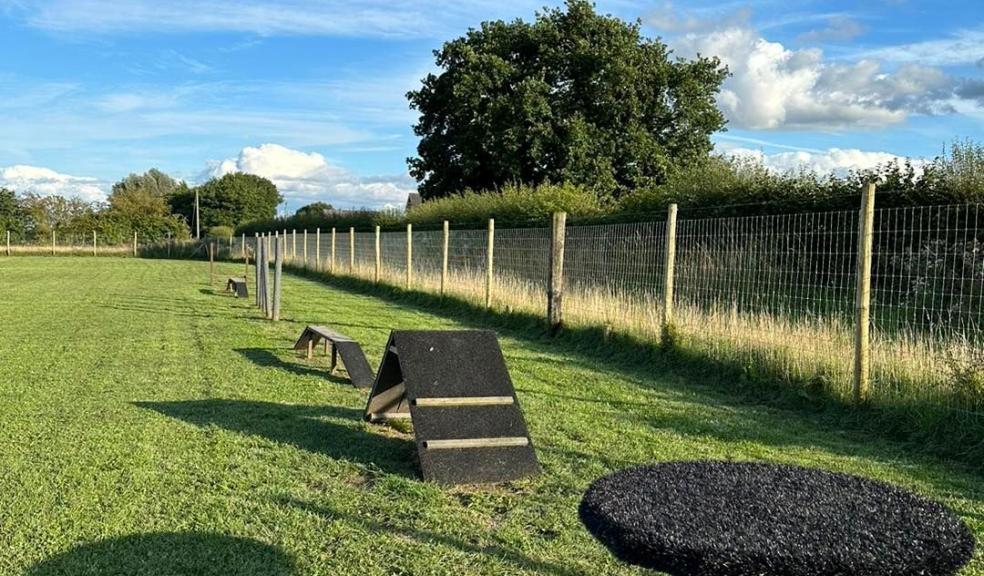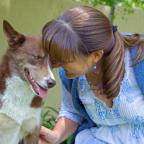
Applications for dog parks in unused fields set to rise after Cheshire planning appeal successful
The popularity of dog parks being set up in unused fields is only set to increase after a leading property consultancy won a planning appeal to create one in Cheshire.
Dedicated parks for training dogs are predicted to rise in popularity after Fisher German helped Steph Cheadle, director of the Dog Paddocks in Lower Whitley, gain retrospective planning permission on appeal after Cheshire West and Chester council initially refused the application.
Nia Borsey, Associate at Fisher German, led the appeal and believes the precedent set will result in an even bigger increase in an already popular diversification strategy for landowners.
She said: “We’ve seen demand for dog parks increase significantly since the pandemic, when many people decided to welcome a dog into their home but were not able to socialise them properly.
“Dog parks provide a private space for training or walking dogs without the distractions of a public park, and many dog owners are willing to pay for the privilege of using them.
“To take advantage of that demand, we’ve helped farmers and landowners with advice on how to set up these businesses and gain the necessary planning consent to make them a reality.
“For the most part, change of use applications in the green belt tended to be granted as the impact of a dog park, assuming access was manageable, was minimal.
“However, when Cheshire West and Chester Council opted to refuse the retrospective application in Lower Whitley, we felt an appeal was likely to be granted as the impact to the green belt was low.
“It was fantastic news for Steph that the appeal was indeed granted, but it is even better news for landowners looking for a less intensive diversification strategy.
“The precedent set by the appeal win makes it far more likely that local authorities will grant similar applications elsewhere, as they know they are unlikely to win at appeal if they refuse.”
Fisher German regularly advises landowners and farmers on ways to diversify their income and has already helped many reap the benefits of creating a dog park on their land.
Ellie Savage, Senior Surveyor at Fisher German and a diversification expert, added: “As diversification projects go, converting an under-utilised field into a dog park requires very little investment and development from a landowner.
“Some decide to run the business themselves, and others choose to rent out their land to an existing business so they don’t have to operate it directly.
“With demand for dog parks being so high since the pandemic, many bring in a solid source of either direct income or rental payments all year round, especially if the field is relatively close to an urban area.
“Diversifying land without developing it also means it could still be used for a bigger project in the future should the opportunity present itself.
“With the appeal for the Lower Whitley dog park having been granted, we are advising landowners who are uncertain what diversification projects might be best for them to consider creating a dog park or similar on their land.”
For more information, contact Nia Borsey or Ellie Savage at nia.borsey@fishergerman.co.uk or ellie.savage@fishergerman.co.uk







